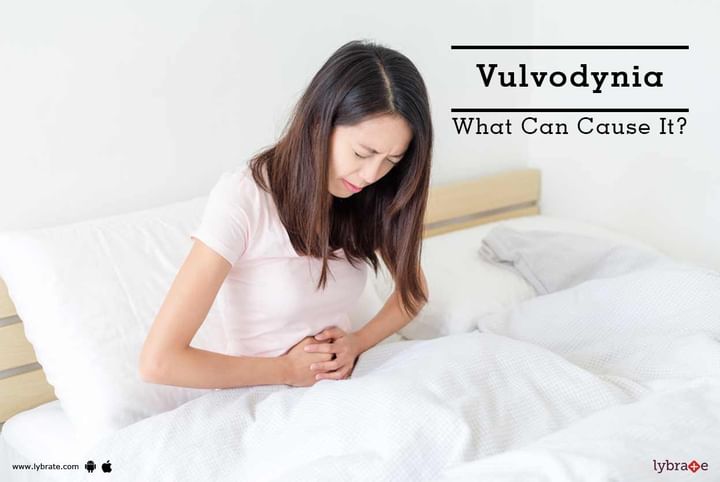Vulvodynia - What Can Cause It?
Vulvodynia is generally identified as a condition which causes chronic back pain or vulvar pain but having no identifiable cause. The causes, as well as the nature of the condition, are very obscure, and until recent times, it had never been considered to be an actual pain syndrome. What is commonly affected is the vulva, or the external female genital organs, consisting of the clitoris, labia and the vaginal opening.
Generally, there are two types of vulvodynia:
1. Generalized vulvodynia: this can mean pain in any part of the vulva occurring erratically at different times
2. Vulvar vestibulitis syndrome: this is limited to the vestibule or the vaginal opening. It has similar characteristics of a burn, and pain can be incurred only when contact is made, say during sexual intercourse.
Symptoms
Although not life-threatening, signs and symptoms of vulvodynia can still cause a ton of problems for women. They can create much complication when it comes to daily activities as well as other feelings, like sexual frustration, agitation, depression and low self-esteem.
Symptoms can be very erratic and can occur once in a while or all the time. They may be limited to just one specific area or can affect the entire vulva, interfering with daily activities such as walking, exercising and sexual intercourse.
Here are some common signs and symptoms:-
1. A burning or stinging sensation
2. An aching or throbbing sensation
3. May swell and you may experience soreness;
4. Severe itching and agitation
Causes
Because the causes are not identifiable, extensive research is still going on in order to decipher the nature of the syndrome. A few possible causes may include:
1. Nerve irritation or injury
2. Genetic abnormalities
3. Muscle spasms
4. Hormonal changes
5. Abnormal responses to infections or traumatic injuries
6. Hypersensitivity to yeast infections
7. Allergies to certain chemicals or substances
8. History of sexual abuse
9. Frequent antibiotic use



+1.svg)
